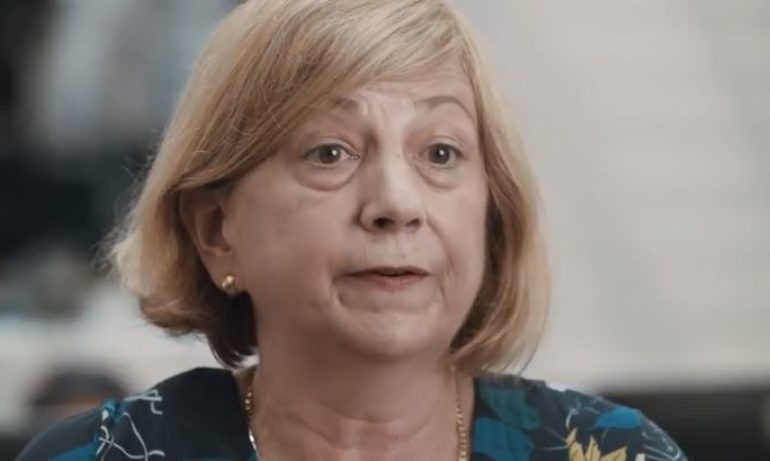Celebrating UK Bioscience | BenevolentAI and Parkinson's UK
Parkinson’s UK, the BIA Charity of the Year, are the inaugural winners of the BenevolentAI award. Benevolent AI, a BIA member, are the UK’s leading Artificial Intelligence unicorn, and have a world-leading knowledge graph platform. This partnership hopes to accelerate drug discovery and the elucidation of new drug targets.
So what’s the current state of affairs?
Every hour, 2 people in the UK receive a diagnosis of Parkinson’s, and it’s over 200 years since the disease was first described by Dr James Parkinson. Parkinson’s occurs when brain cells which produce a chemical called dopamine die off – it is still not known why this happens. The resultant lack of dopamine causes the tremors, slowness of movement and muscle stiffness classically associated with Parkinson’s – but there are many more symptoms which affect people with Parkinson’s, such as depression, anxiety, tiredness and constipation.
For 50 years, the mainline treatment for Parkinson’s has been medication. The drugs in current use have one of two aims
- To restore the amount of dopamine in the brain, or
- To mimick the effects of dopamine in the brain
Many of these drugs reduce the symptoms of Parkinson’s, but come with a host of side effects which can be incredibly debilitating for patients. No new treatments have been discovered for 50 years, and there is no cure for the disease.
Where does one look for a new drug, and how can Artificial Intelligence help?
Identifying new medicines is tricky business. It’s also a two-ended process. Looking for molecules that help the disease is one way to tackle the problem, but it’s also possible to analyse the disease, and work out which pieces are best to target. While these seem like simple ideas, the reality is that research takes time - and lots of it. One of the most time-consuming parts of R&D is reviewing all of the available literature to assess the current state of affairs. Research by human beings has led us to the drugs and medicines we use today - but AI is far more efficient at analysing huge volumes of data in much shorter timeframes than any human could hope to manage.
BenevolentAI have built a proprietary AI technology platform, which is capable of ingesting knowledge from any source, analysing that data, and extracting sense from it. This means that AI can harvest the knowledge from vast quantities of research that has been carried out on Parkinson’s and other diseases. By using AI in this way, it may be possible to identify new targets for drugs, or discover that drugs which failed rigorous clinical testing for another disease may be useful in treating Parkinson’s. This partnership between Parkinson’s UK and BenevolentAI combines the charity’s extensive knowledge of the disease with the formidable power of AI. The aim is to find three new medicines that can be repurposed for Parkinson’s, and two new drug targets which have not been previously addressed.
To explore this partnership in more detail, the BIA have produced a video as part of our Celebrating UK Bioscience series. We spoke to Jackie Hunter, BenevolentAI CEO, Professor David Dexter, Deputy Director of Research at Parkinson’s UK and Matthew Sullivan, a Senior Lecturer at Manchester Metropolitan University, who lives with Parkinson’s. The video gives a better understanding of the state of the problem, as well as the hope that this partnership provides in accelerating the discovery of new treatments for the disease. Matthew gives an insight into the challenges and difficulties of living with Parkinson’s, how the current treatment available has affected him, and what he hopes will come of this new and exciting research. You can learn more about the BIA’s Strategic Technologies here, and more about the Celebrating UK Bioscience series here.
More within
- Pre Clinical And Clinical Research
- Strategic Technologies
- Skills People And Talent
- Access To Medicines
.png)
.png)

